Plants in Space (start time 04:36) What would you miss if you were to spend an extended time in space—driving a car? Going to the movies? Hiking? Playing with your dog? Gravity, maybe? Or maybe something as simple as eating good, nutritious vegetables. How On Earth’s Beth Bartel speaks with University of Colorado undergraduate researcher Lizzy Lombardi about harvesting healthier veggies for our astronauts. Or, as we like to think about it, plants in space.
 Relativity (start time 13:30) Albert Einstein published his special theory of relativity in 1905 and his general theory in 1915. Special relativity revealed bizarre and powerful ideas, including the famous equation E=mc2, but the basic theory hinges on a single realization: all observers, no matter how fast they are moving, always measure the same speed of light in space. A decade later, general relativity, the result of Einstein’s “happiest thought” that “the gravitation field has only a relative existence” unseated Newton’s law of gravitation. General relativity has passed every observation trial—so far. Relativity is important in everyday experience, for example enabling the incredible accuracy of the Global Positioning System, but the theory, especially the general form, can be a tough mathematical challenge. Boulder astrophysicist Dr. Jeffrey Bennett’s just-published book, What Is Relativity? An Intuitive Introduction to Einstein’s Ideas, and Why They Matter, gently straightens the curved spacetime. Join Jeff and host Jim Pullen live in the studio to learn why ‘black holes don’t suck’!
Relativity (start time 13:30) Albert Einstein published his special theory of relativity in 1905 and his general theory in 1915. Special relativity revealed bizarre and powerful ideas, including the famous equation E=mc2, but the basic theory hinges on a single realization: all observers, no matter how fast they are moving, always measure the same speed of light in space. A decade later, general relativity, the result of Einstein’s “happiest thought” that “the gravitation field has only a relative existence” unseated Newton’s law of gravitation. General relativity has passed every observation trial—so far. Relativity is important in everyday experience, for example enabling the incredible accuracy of the Global Positioning System, but the theory, especially the general form, can be a tough mathematical challenge. Boulder astrophysicist Dr. Jeffrey Bennett’s just-published book, What Is Relativity? An Intuitive Introduction to Einstein’s Ideas, and Why They Matter, gently straightens the curved spacetime. Join Jeff and host Jim Pullen live in the studio to learn why ‘black holes don’t suck’!
Producer: Beth Bartel
Engineer: Jim Pullen
Executive Producer: Jim Pullen
Additional contributions: Jane Palmer
Listen to the show:
Podcast: Play in new window | Download (Duration: 24:08 — 33.1MB)
Subscribe: RSS

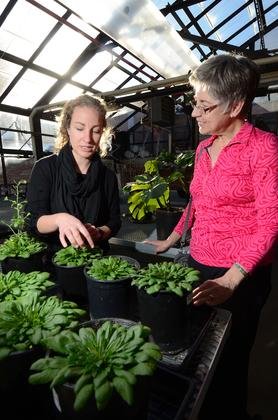



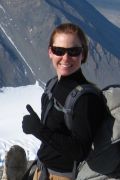

 Haven for Captive Wolves (start time 14:25)
Haven for Captive Wolves (start time 14:25)

 Strontium Clock (start time 14:10) We’ve got a full-house of physicists in the studio today to help us understand the new
Strontium Clock (start time 14:10) We’ve got a full-house of physicists in the studio today to help us understand the new 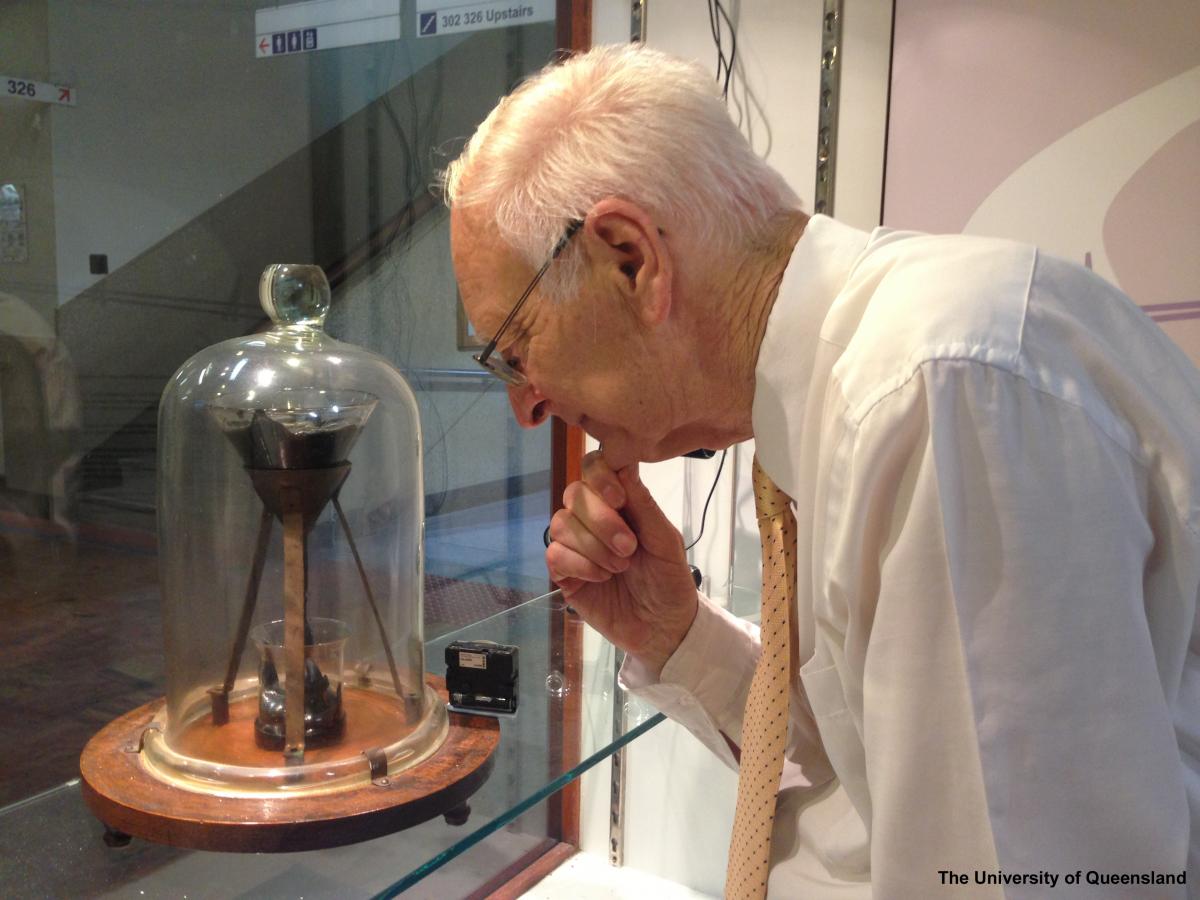
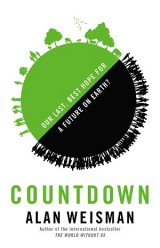 Biology and Health (start time 00:56). This year marked the passing of long-time Boulder resident, Al Bartlett. Bartlett was one of the world’s most eloquent voices calling for population control. He will be missed. One of the champions picking up the torch is New York Times bestselling author, Alan Weisman. Weisman offers exciting solutions to population growth in Countdown: Our Last, Best Hope for a Future on Earth.
Biology and Health (start time 00:56). This year marked the passing of long-time Boulder resident, Al Bartlett. Bartlett was one of the world’s most eloquent voices calling for population control. He will be missed. One of the champions picking up the torch is New York Times bestselling author, Alan Weisman. Weisman offers exciting solutions to population growth in Countdown: Our Last, Best Hope for a Future on Earth.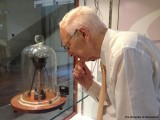

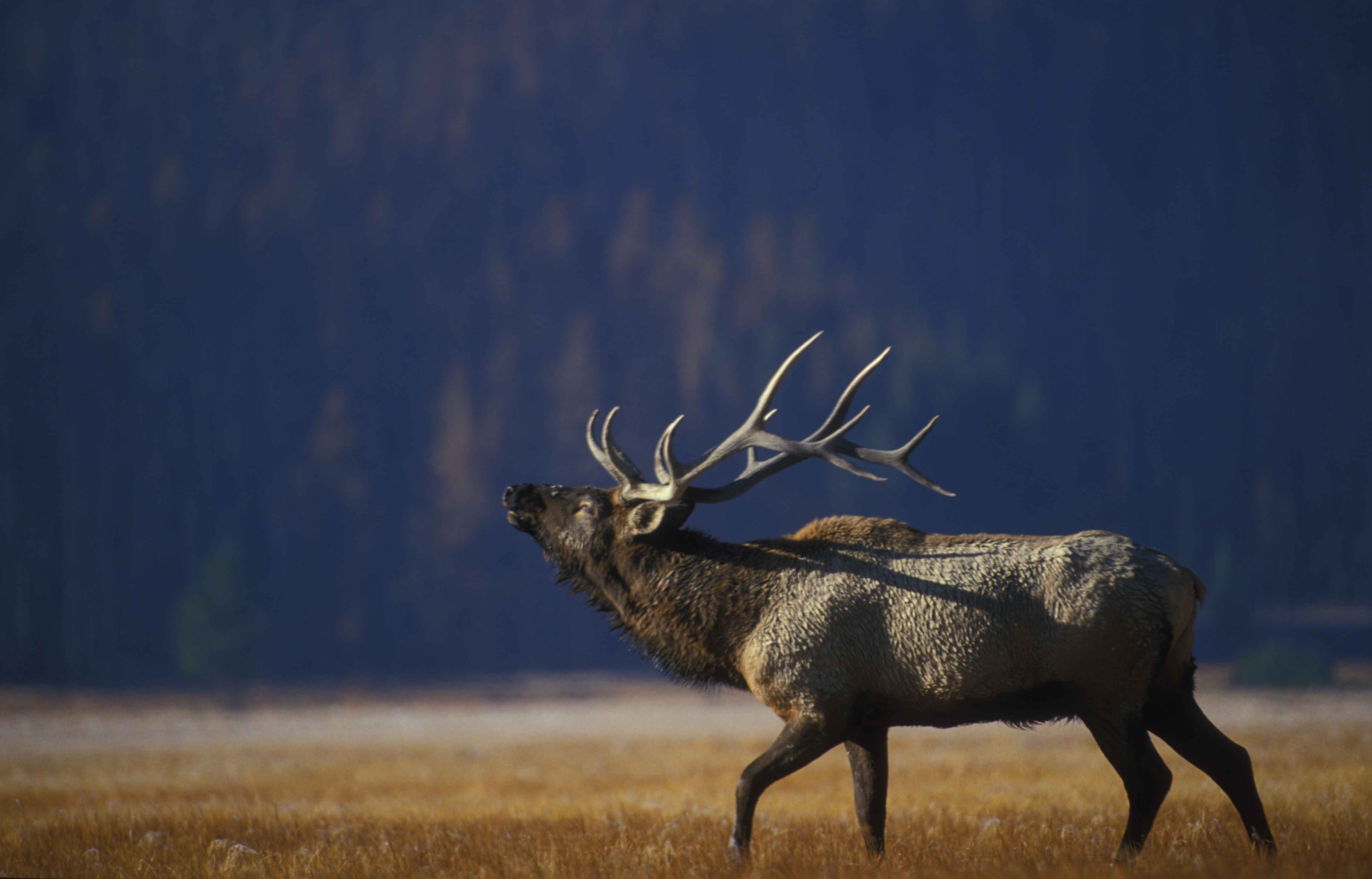
 Big Game and Climate Change (start time 5:00) Last week, the National Resource Council released some serious warnings about
Big Game and Climate Change (start time 5:00) Last week, the National Resource Council released some serious warnings about 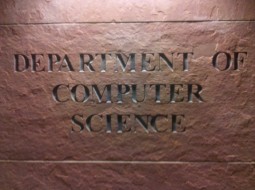 Hour of Code (start time 12:30) Coding is not just a magic trick where ones and zeros make
Hour of Code (start time 12:30) Coding is not just a magic trick where ones and zeros make 




 Feature 1: (start time: 03:45) Our first guest is Boulder beekeeper Tom Theobald. He talks about the current state of the bee crisis and what, if anything, the EPA is doing to address concerns that systemic pesticides like Clothianidan are properly controlled.
Feature 1: (start time: 03:45) Our first guest is Boulder beekeeper Tom Theobald. He talks about the current state of the bee crisis and what, if anything, the EPA is doing to address concerns that systemic pesticides like Clothianidan are properly controlled.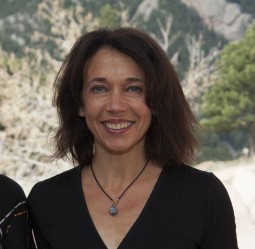


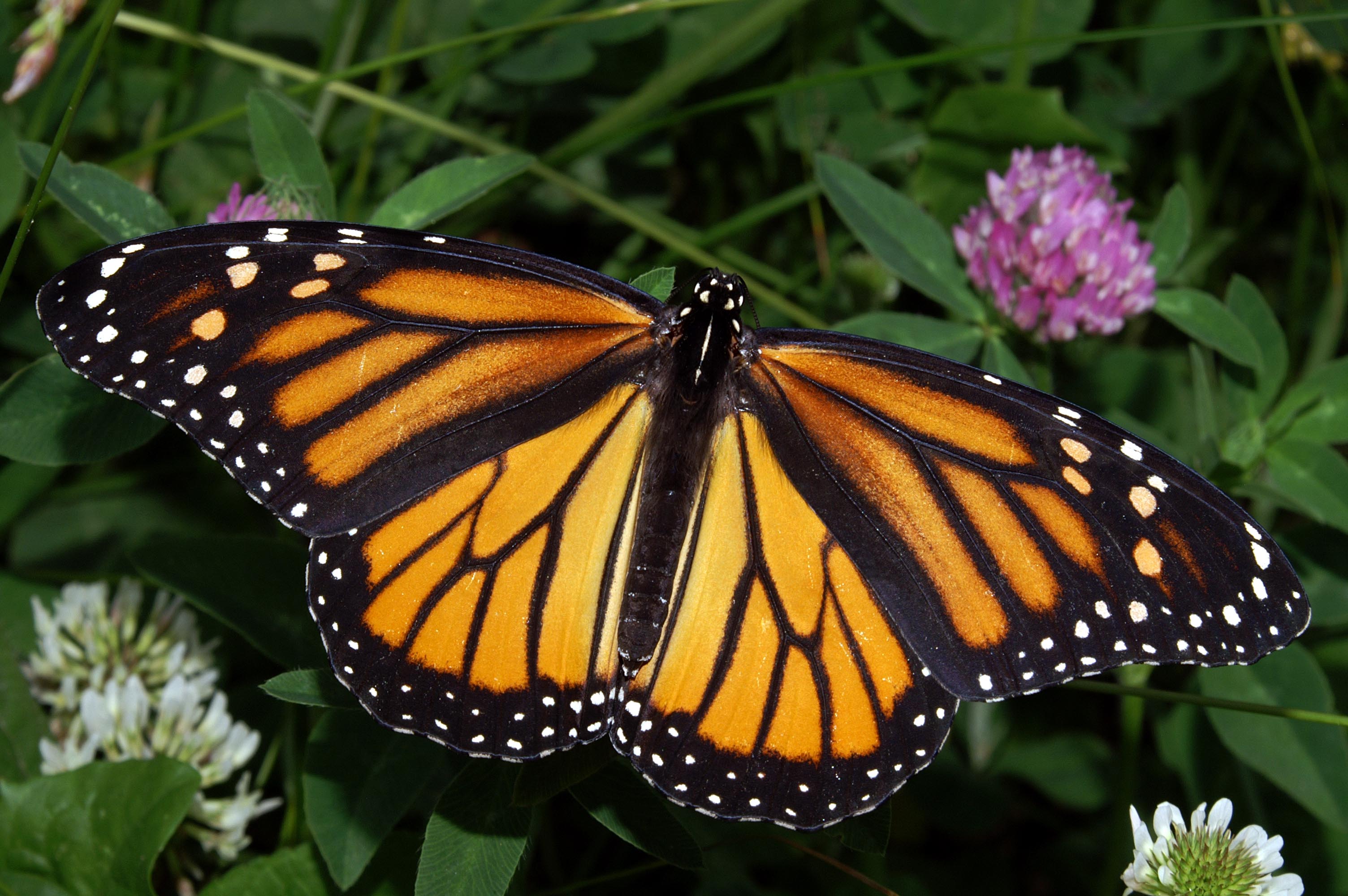
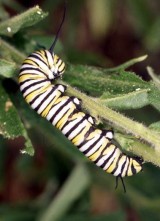


 Facing the Wave (starts at 04:50) Yesterday marked the two-year anniversary of the devastating earthquake and tsunami that rocked and partially devoured the northeastern coast of Japan. Although prone to earthquakes, the Tōhoku event hit a magnitude of 9.0, tying it for fourth largest earthquake on record according to the United States Geological Survey—a magnitude greater than scientists thought possible for this region.
Facing the Wave (starts at 04:50) Yesterday marked the two-year anniversary of the devastating earthquake and tsunami that rocked and partially devoured the northeastern coast of Japan. Although prone to earthquakes, the Tōhoku event hit a magnitude of 9.0, tying it for fourth largest earthquake on record according to the United States Geological Survey—a magnitude greater than scientists thought possible for this region. Pandora’s Lunchbox (starts at 14:38) Did you ever think how long that energy bar you ate while skiing recently would last in tact beyond the expiration date? Or that bag of Oreo cookies you devoured last night? Melanie Warner, a local journalist and former staff writer at the New York Times, started thinking about it so much that she began experimenting with leaving some processed foods out way beyond their expiration date. What she found was shocking, and led her to explore deeply into the “processed food industrial complex.” The result is a new book called “
Pandora’s Lunchbox (starts at 14:38) Did you ever think how long that energy bar you ate while skiing recently would last in tact beyond the expiration date? Or that bag of Oreo cookies you devoured last night? Melanie Warner, a local journalist and former staff writer at the New York Times, started thinking about it so much that she began experimenting with leaving some processed foods out way beyond their expiration date. What she found was shocking, and led her to explore deeply into the “processed food industrial complex.” The result is a new book called “